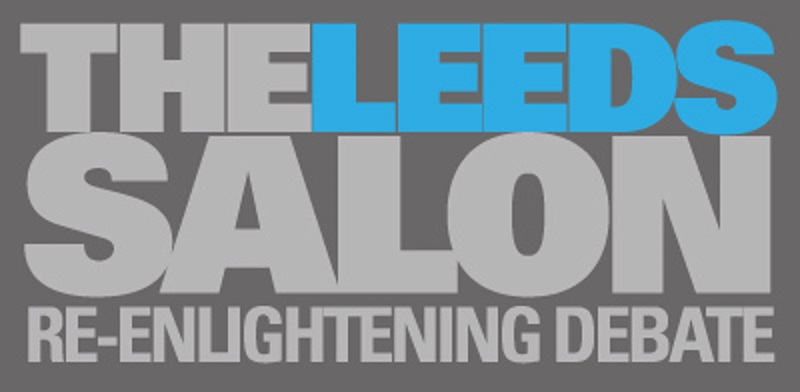The first of two autumn 2018 ‘Tetley Talks’ on the themes of ‘Freedom and the Individual’
Jean-Paul Sartre was a novelist, playwright, political activist, and one of the key figures in existentialist philosophy. Existentialism is best known as a philosophy of freedom that confronts people with the possibility of choice, agency and responsibility.
For Sartre, freedom was the foundation and purpose of life. He saw freedom as limitless and rejected any determined human action, not because anything was possible, but rather that there is no limit to our obligation to choose who we are through our actions. As such, Sartre made us entirely responsible for who we are and what we make of our lives. Essentially, he argued, “we are left alone, without excuse” and, as such we are “condemned to be free”; as, for Sartre, not choosing is as much a choice as choosing. And to refuse to take responsibility for our choices was an act of “bad faith”.
But is it true there are no unfree acts? Can we really transcend the facts of our existence to take full control over who we are and what we do? If we are “condemned to be free” what choice is that? And is there anything to take from is Sartre’s existential freedom today?

